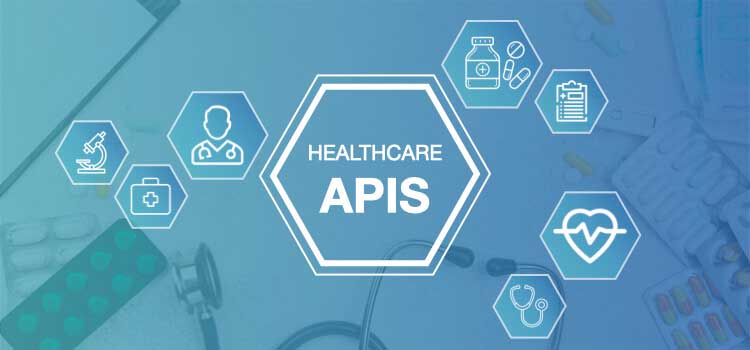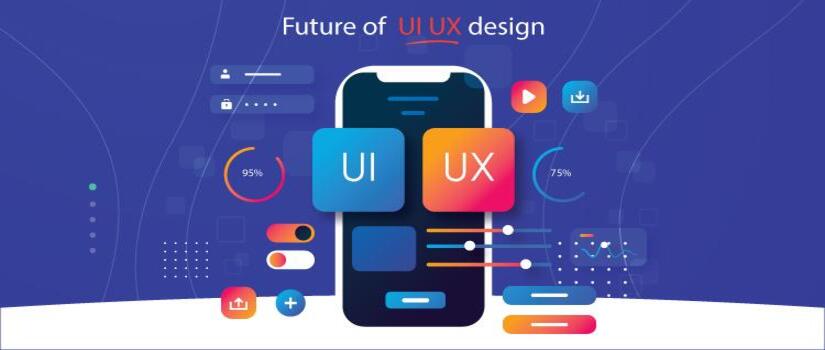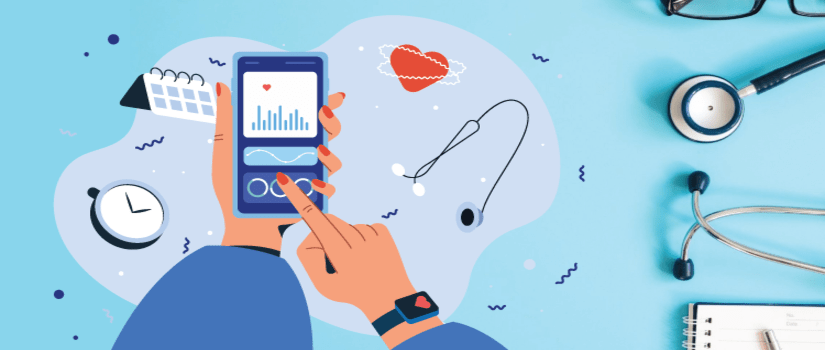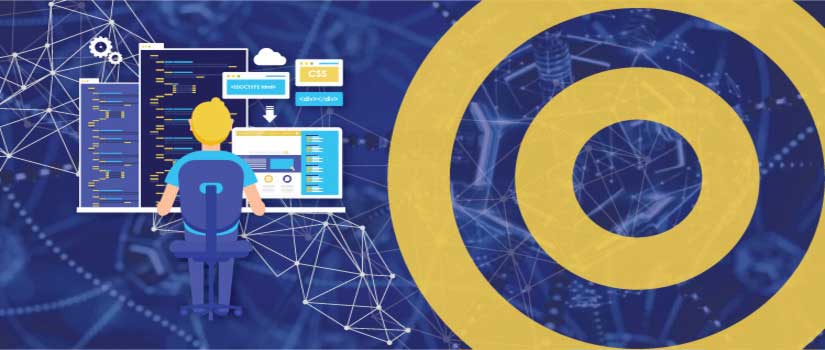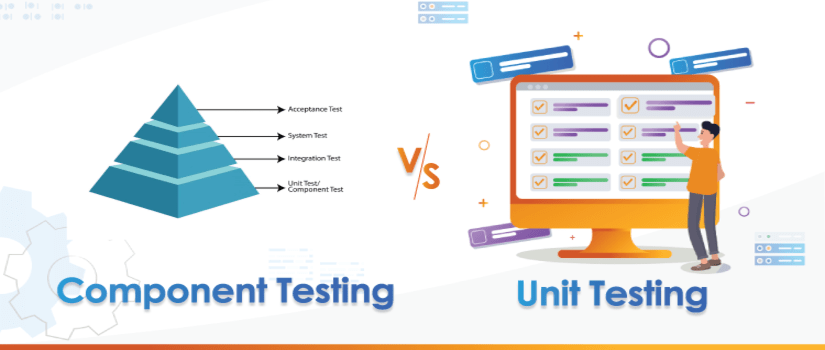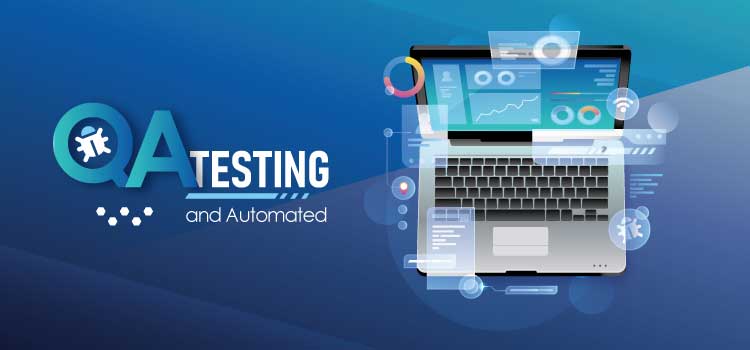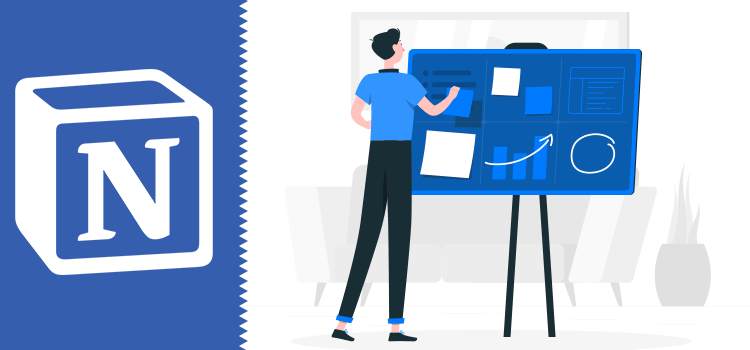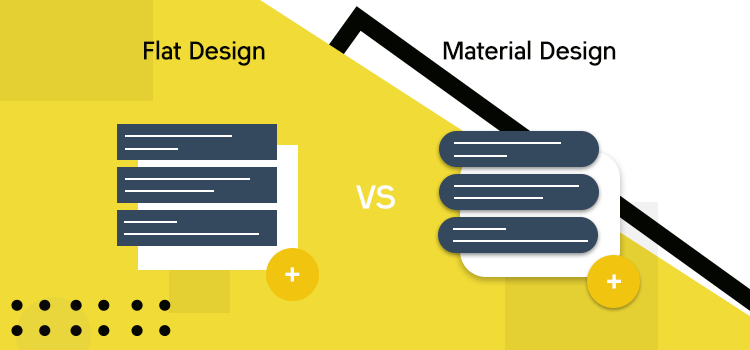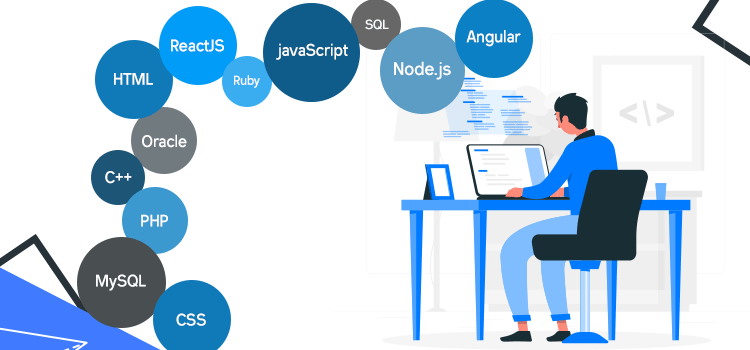APIs play a vital role in supporting the Health Information Exchange and Interoperability. The office of the National Coordinator for Health Information Technology ONC emphasis in its policy the importance of easing the exchange of health information electronically for providers and patients in collaboration with the Health IT industry.
APIs are used in a number of ways to help enable the ease of Health Information Exchange. APIs are revolutionizing data sharing in the healthcare space.
ONC has issued a regulation that includes a certification criterion for APIs, using APIs as part of EHRs can help patients to import and share their health data. APIs also help Care Providers to securely share a patient’s information with another provider as and when needed.
APIs are messengers and translators that work behind the scenes and enable different software programs to communicate with one another.
How APIs are becoming important for Patients?
APIs help patients in many ways. Mobile Apps can gather data from fitness trackers and add this data to a patient’s personal health record. With the help of APIs, it will become possible for the patients to share electronically their diagnostics information with their doctors in real-time. Like BP readings etc. patients can generate themselves. Certified EHRs are required to provide the APIs and this will help the patients to connect with these APIs and can gather and share the information.
APIs and Healthcare Providers
APIs are helping healthcare professionals to not only simplify care delivery but also improve it in several ways. If specific information is needed within an EHR, an API makes it possible to share information among healthcare providers. If a health provider wants to investigate something which is in another system, for example, a lab test of a patient he can simply review this information.
How the Security of Data is Maintained?
APIs act as a doorway to the data for the people who have the right key to access it. ONC has introduced certain security safeguards that all certified EHRs must meet. Despite using these security measures there are risks involved whenever data are shared electronically. The HIPAA security rule can help providers manage these risks. The security rule requires Certified Providers to maintain certain administrative, technical, and physical safeguards to maintain the integrity of ePHI (Electronic Personal Health Information).
Providers need to comply with several Federal Health IT Rules when using Apps to transmit data. HIPAA, FTC, and FDA enforce certain rules for the security and sharing of patient’s data.
Healthcare Organizations and Interoperability
The focus of healthcare organizations is being shifted towards achieving interoperability between internal Apps, EHRs, and other data exchange tools. This has caused immense growth in APIs development to manage the flow of information between disparate systems.
In the healthcare industry, one of the biggest challenges is desperate data. The data coming from different sources have different formats which makes interoperability more difficult. APIs help simplify interoperability. In this regard, efforts are being made and HL7 is currently developing the Fast Healthcare Interoperability Resource FHIR data standard, which defines a way to aggregate and merge patient health data from separate resources.
HL7 is currently working on the Fast Healthcare Interoperability Resource (FHIR) data standard, which provides a standardized way to aggregate, merge, and restructure patient health data from separate data sources.
Future of APIs in Healthcare
Government organizations have been encouraging and promoting the use of APIs in the healthcare IT space. CMS & ONC have big support for FHIR & APIs development and deployment. It is promising to see the continuous development of APIs in the healthcare space.
Conclusion
The future calls for the need to embrace better interoperability. For organizations to achieve better interoperability there is a growing need to involve the health tech data engineers and developers. Sharing of data across platforms and different systems talking to each other will become the most significant part of every healthcare system where patients would be able to access their data no matter where they are in the country and no matter where their record primarily resides.
For your healthcare data analytics or API development need, please feel free to Contact us.

